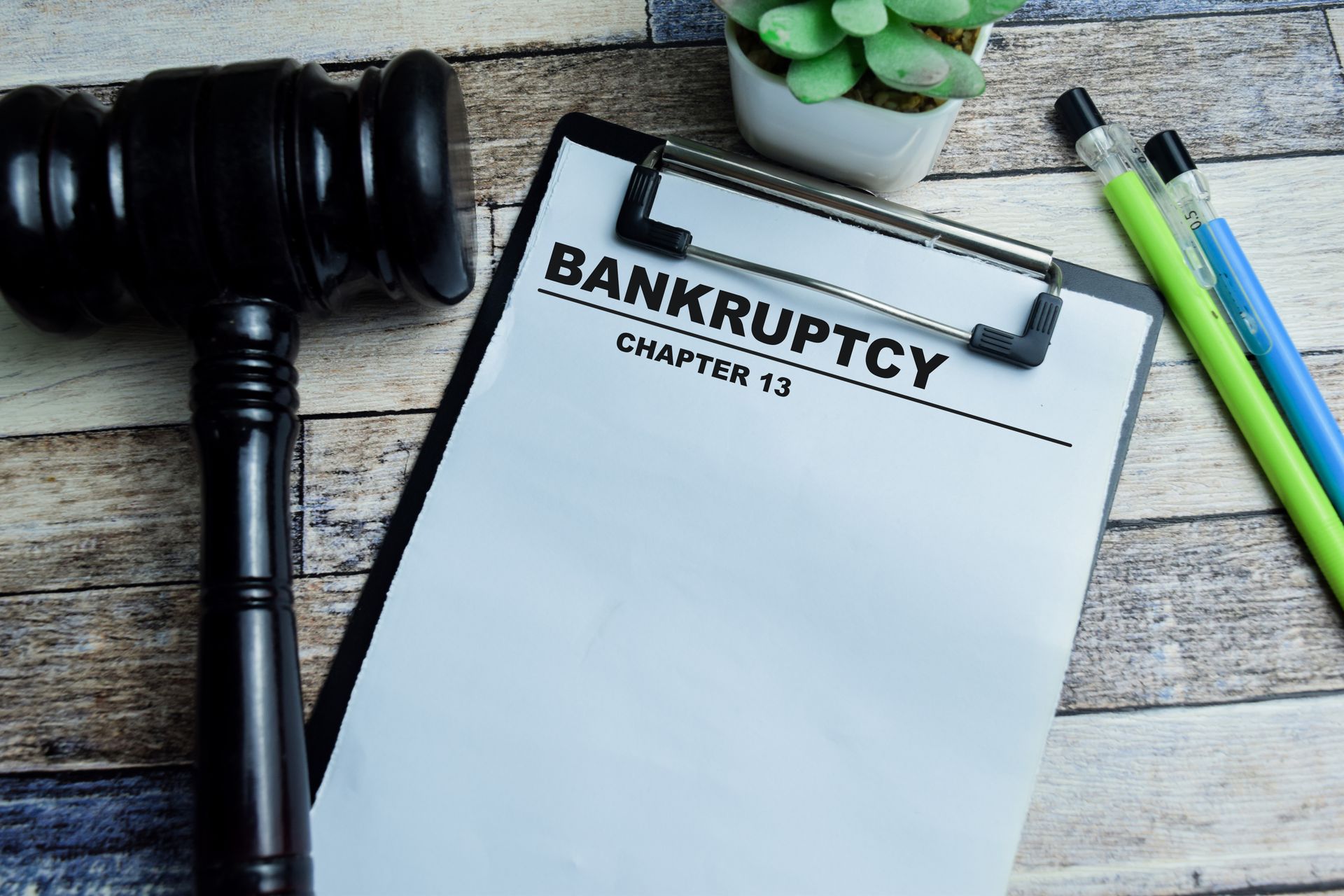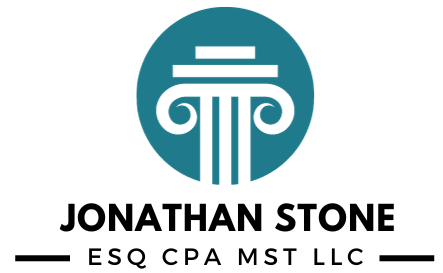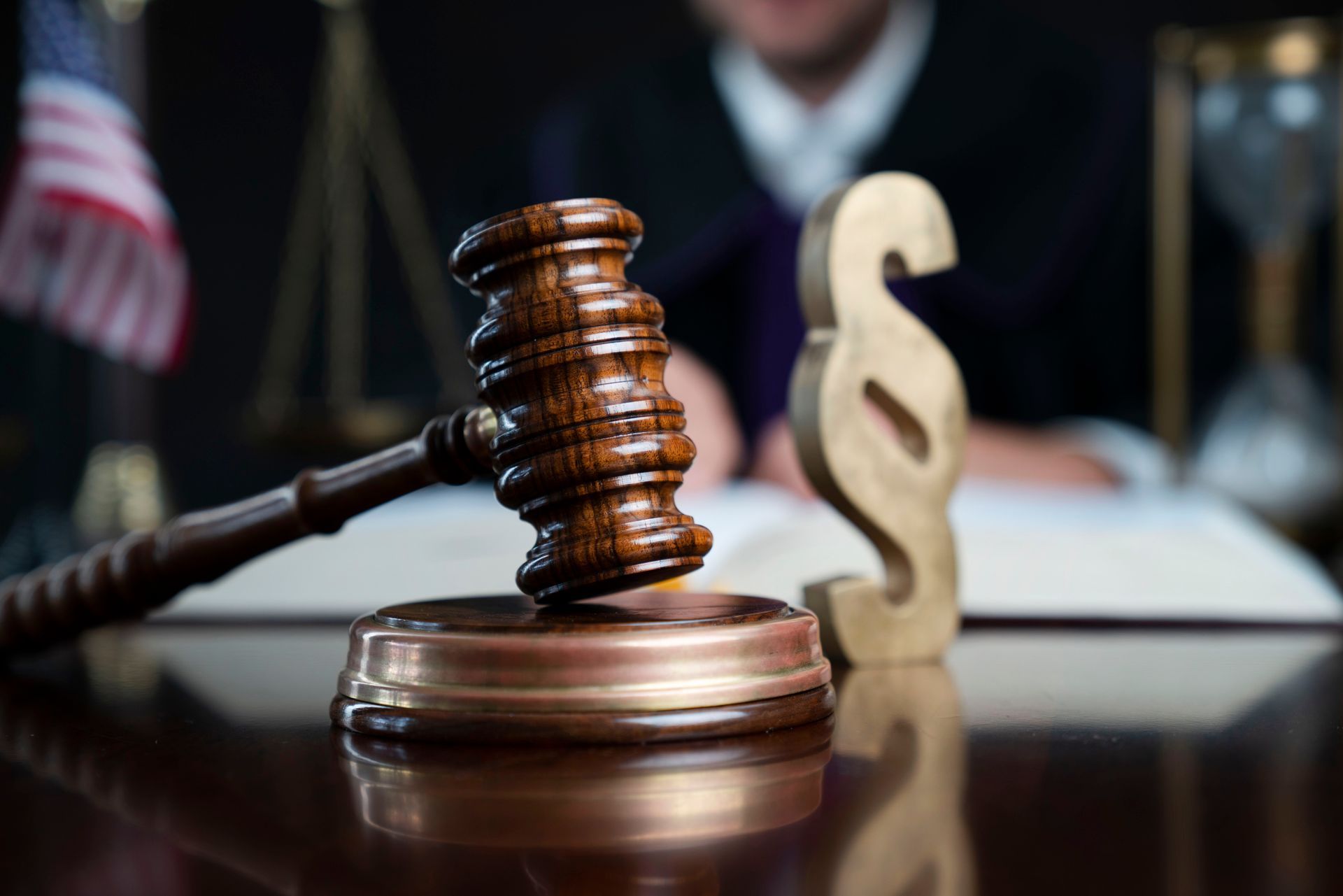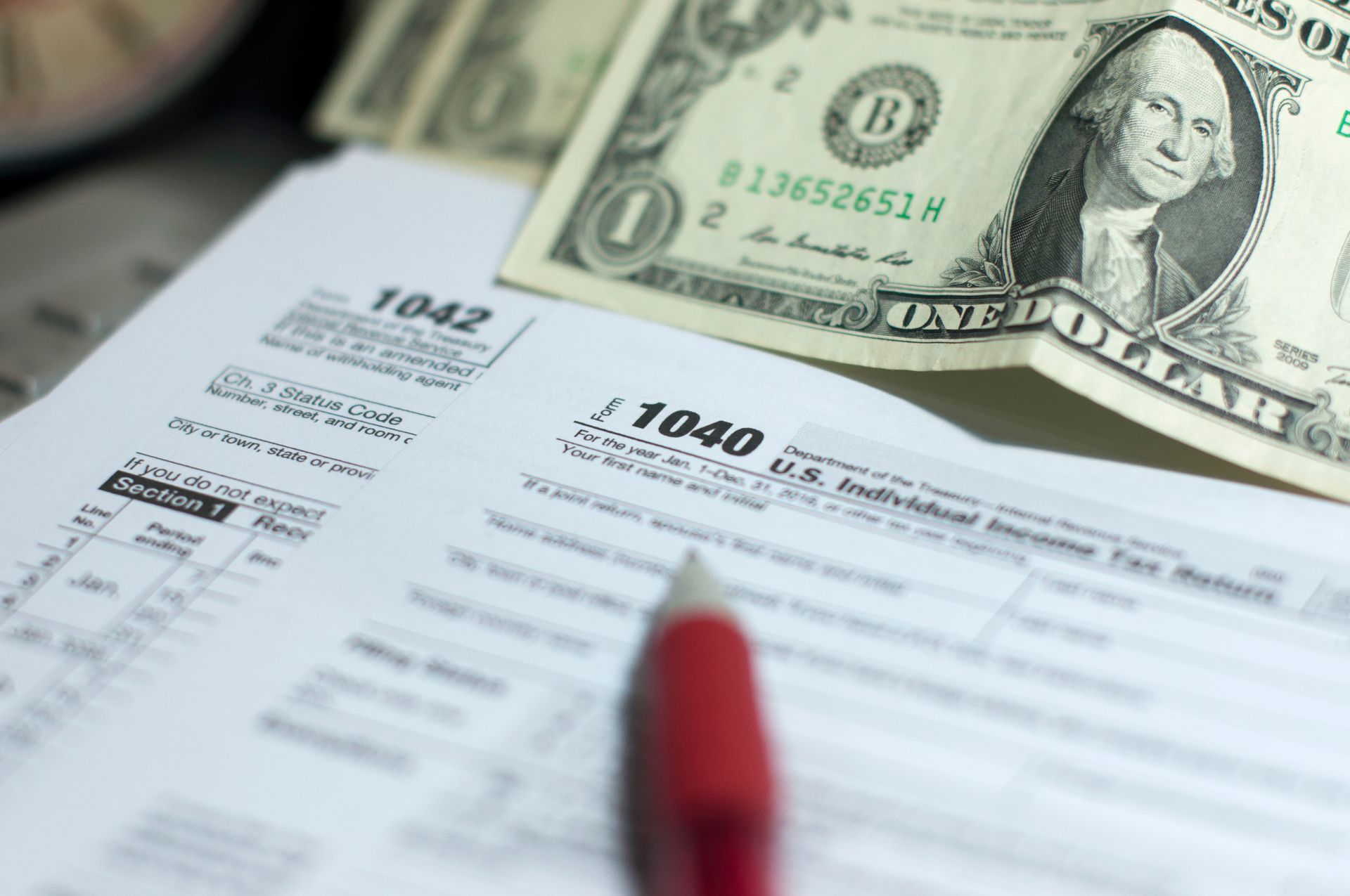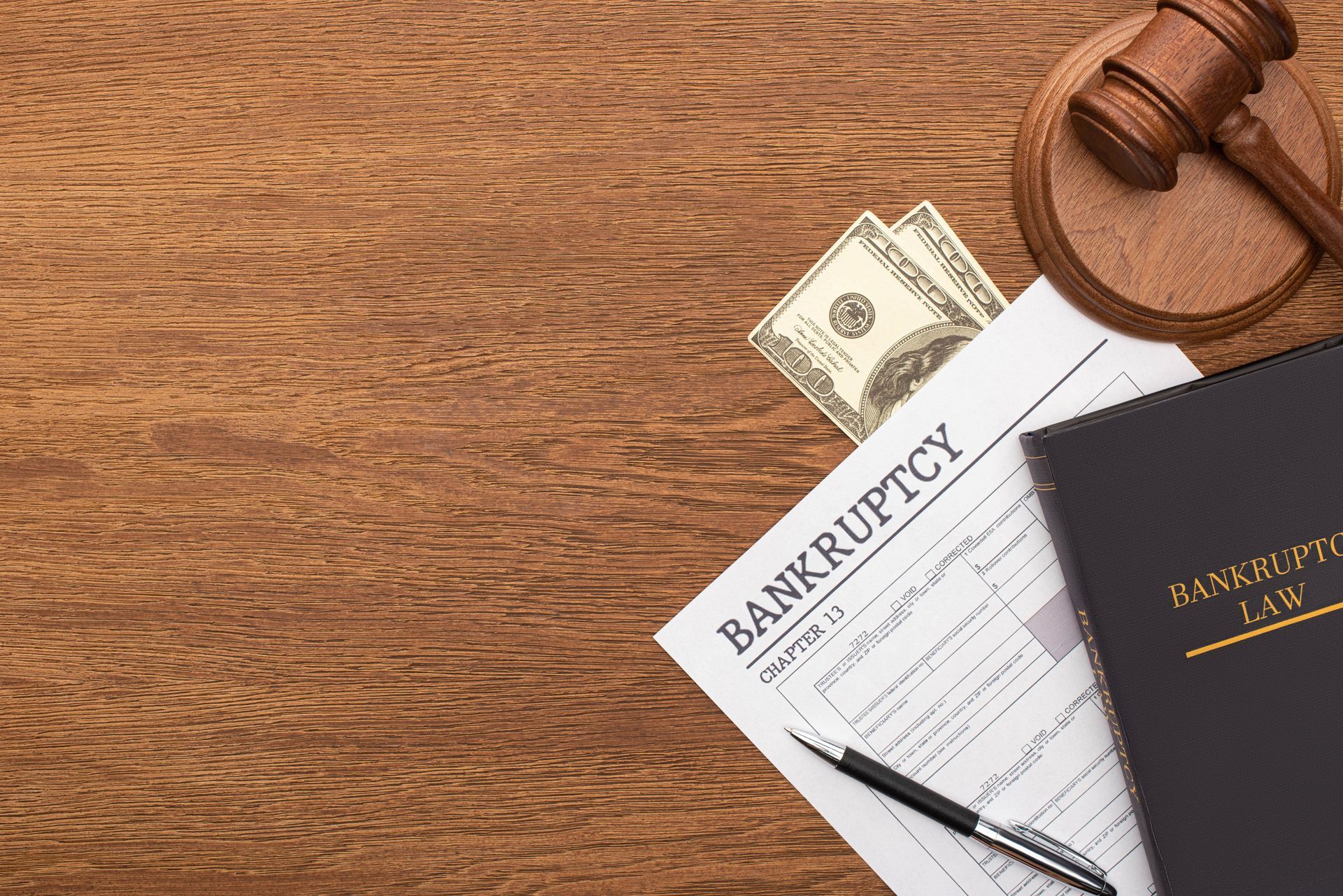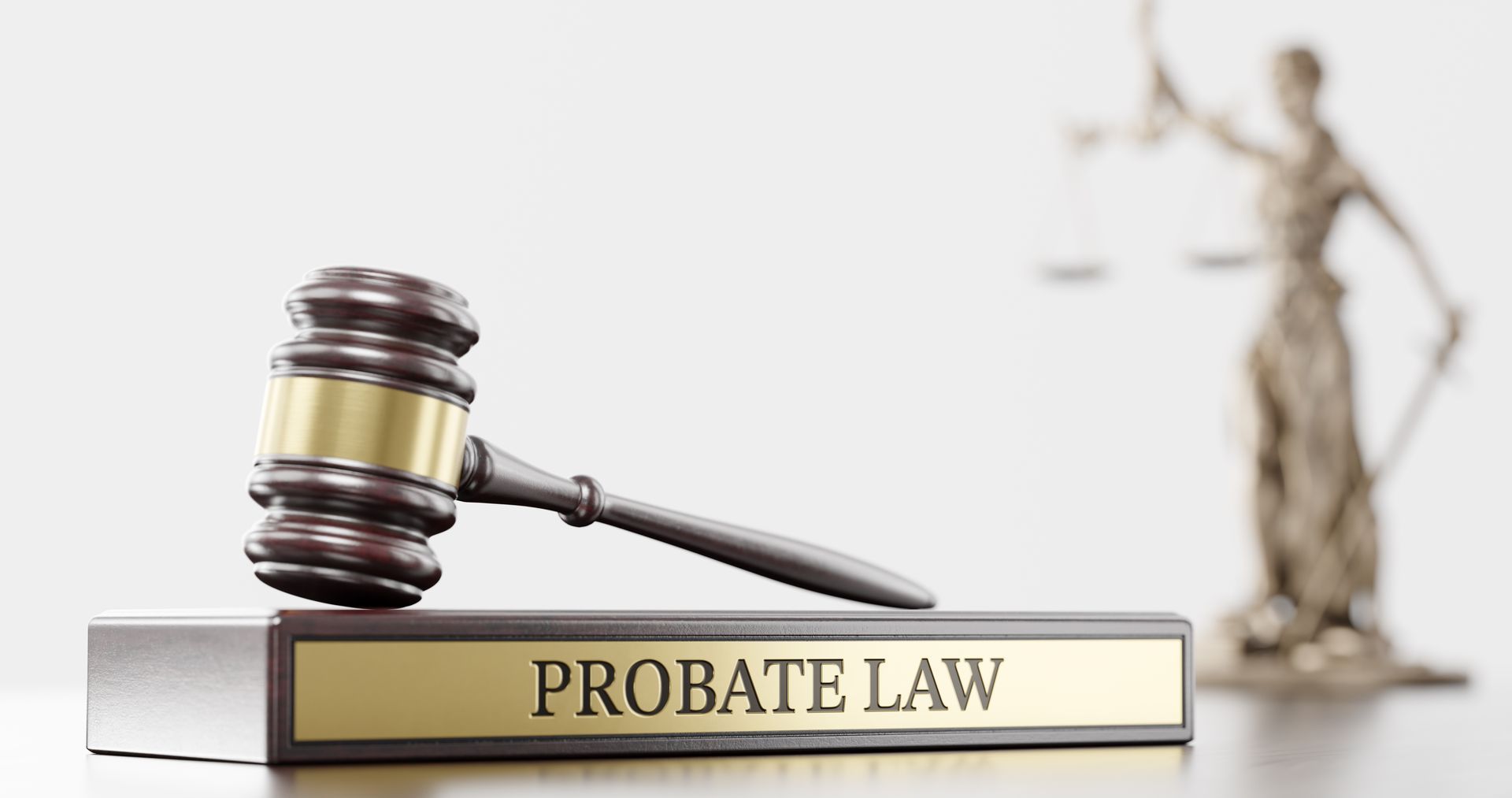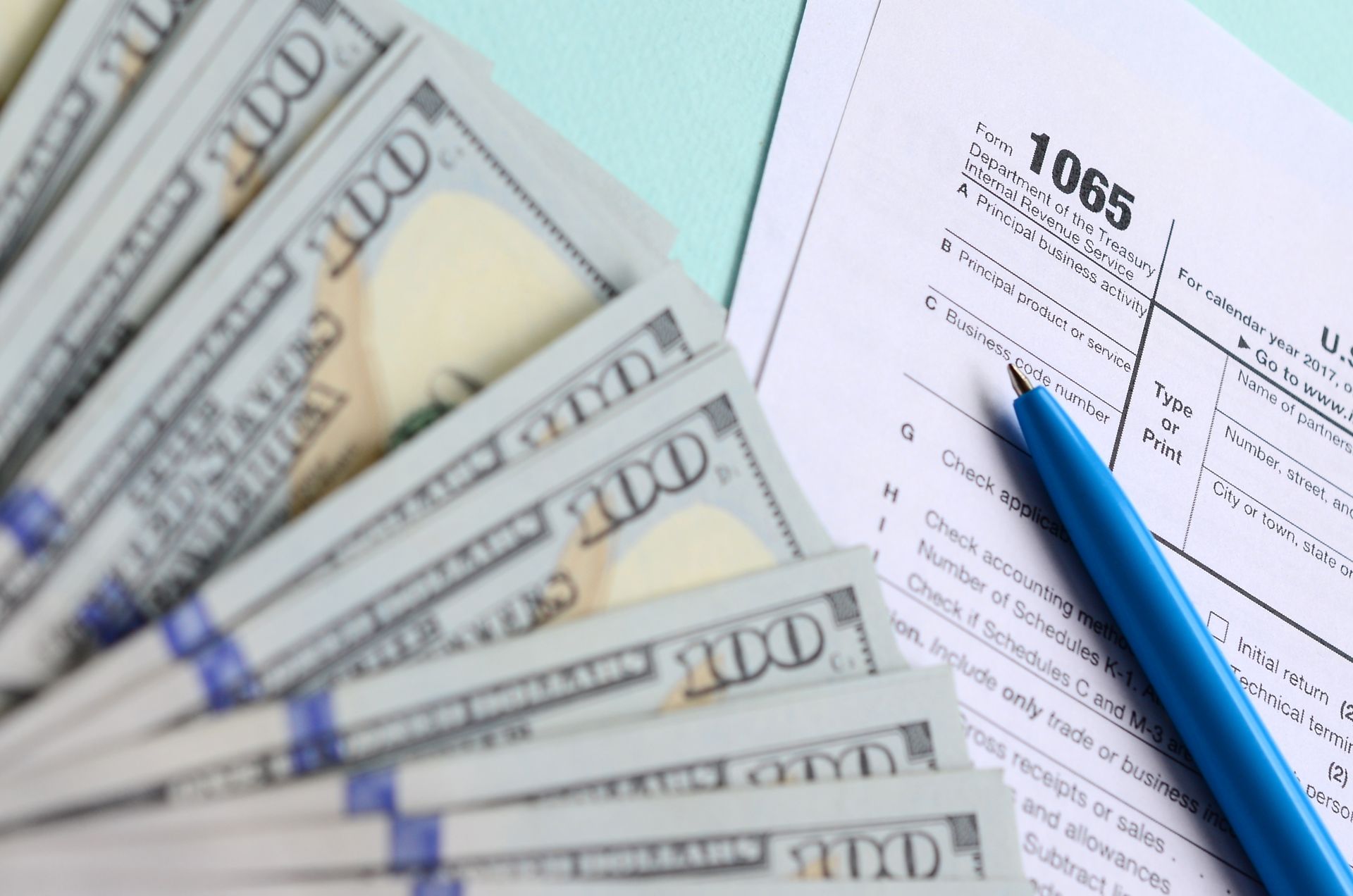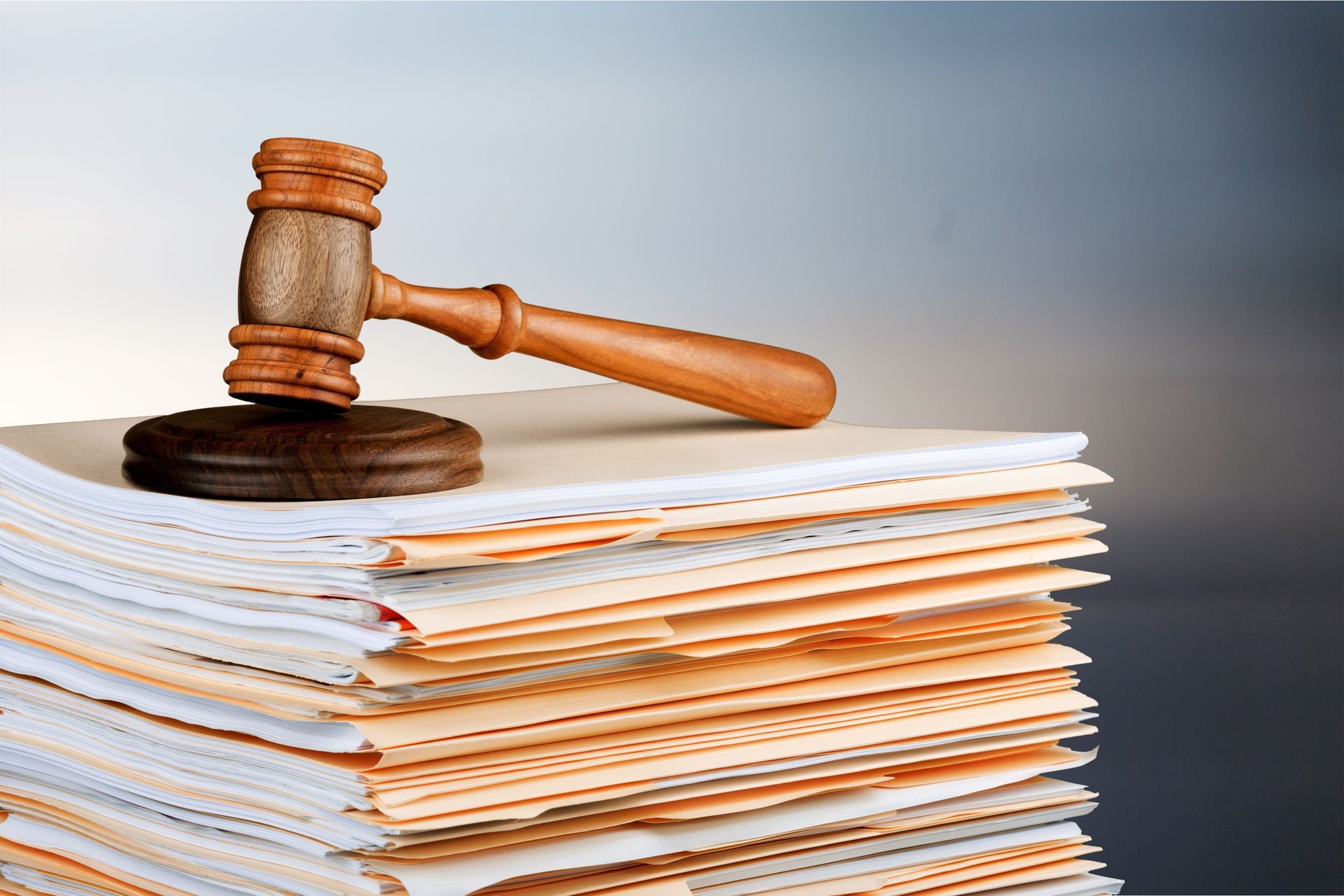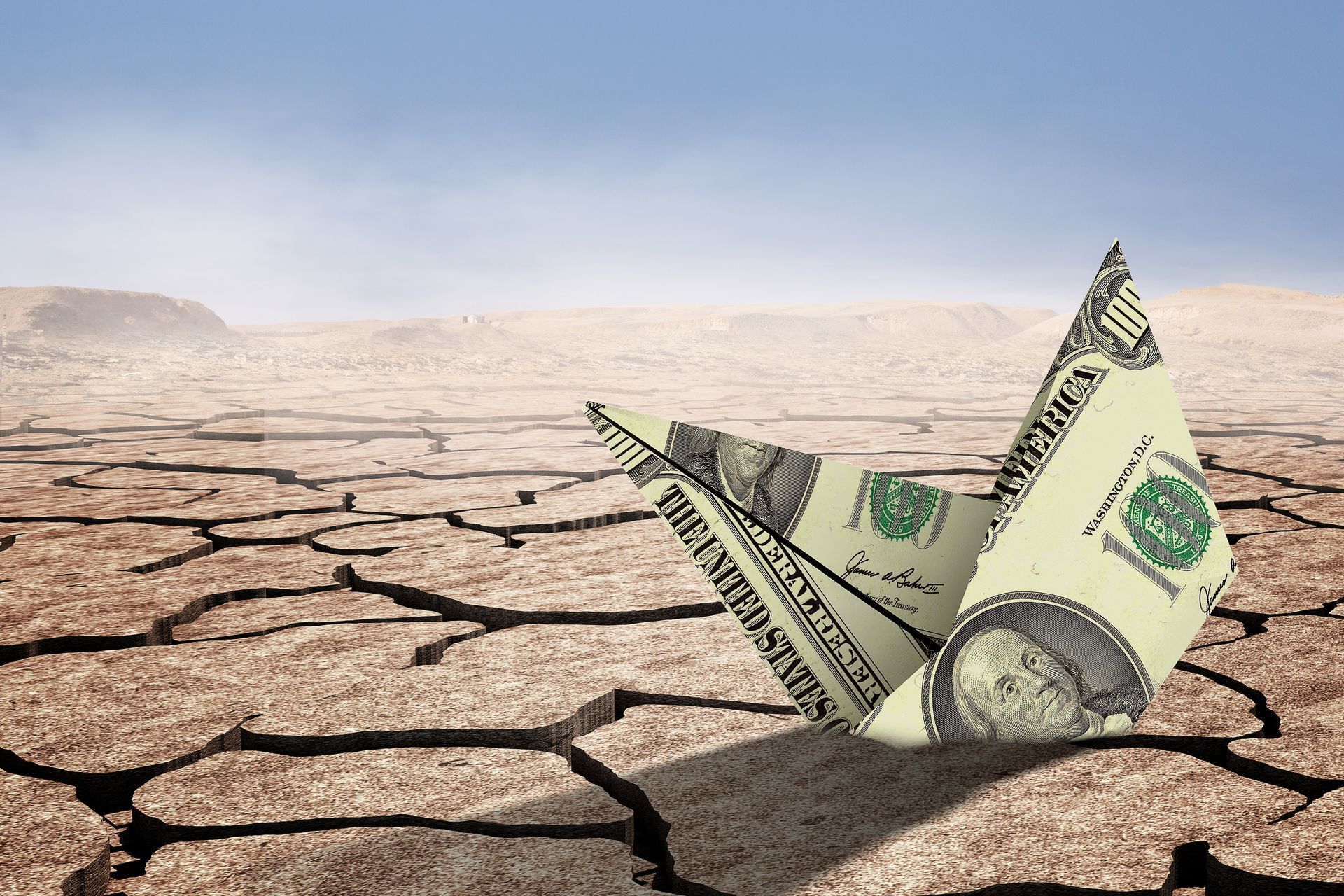How Do I know if Chapter 7 or 13 Bankruptcy is Better for Me?
How do i know if chapter 7 or 13 bankruptcy is better for me?
Are you overwhelmed by debt and considering filing for bankruptcy in New Jersey? It's important to understand the differences between Chapter 7 and Chapter 13 bankruptcy to determine which option is best for your financial situation. Attorney Jonathan Stone is here to help you navigate through the complexities of bankruptcy laws and guide you towards a fresh start. In this blog post, we will discuss the key factors that can help you decide whether Chapter 7 or Chapter 13 bankruptcy is the right choice for you.
Eligibility Requirements:
One of the first things to consider when deciding between Chapter 7 and Chapter 13 bankruptcy is the eligibility requirements. Chapter 7 bankruptcy is typically available to individuals who pass a means test, which evaluates your income and expenses to determine if you qualify for Chapter 7 relief. On the other hand, Chapter 13 bankruptcy may be a better option if you have a regular income but are struggling with overwhelming debt.
Debt Discharge vs. Repayment Plan:
Another crucial factor to consider is how your debts will be handled in each type of bankruptcy. In a Chapter 7 bankruptcy, some of your unsecured debts such as credit card bills and medical bills may be discharged, meaning you are no longer responsible for paying them. In contrast, a Chapter 13 bankruptcy involves creating a repayment plan that allows you to pay back all or a portion of your debts over a three-to-five-year period.
Asset Protection:
If you have valuable assets that you want to protect from liquidation, it's important to consider how each type of bankruptcy handles assets. In a Chapter 7 bankruptcy, non-exempt assets may be sold to repay creditors, while in a Chapter 13 bankruptcy, you can keep your assets as long as you adhere to the terms of your repayment plan.
Duration of Process:
The timeline for completing a Chapter 7 or Chapter 13 bankruptcy varies significantly. A typical Chapter 7 case can be completed in as little as three to six months, providing quick relief from debt. On the other hand, a Chapter 13 repayment plan lasts three to five years, requiring a longer commitment but allowing you to retain more control over your assets.
Long-Term Financial Goals:
When deciding between Chapter 7 and Chapter 13 bankruptcy, it's essential to consider your long-term financial goals. If your main priority is eliminating debt quickly and starting fresh, then Chapter 7 may be the best option for you. However, if you want to repay some of your debts while protecting valuable assets, then Chapter 13 could be more suitable for your situation.
In conclusion, determining whether Chapter 7 or Chapter 13 bankruptcy is better for you depends on various factors such as eligibility requirements, debt discharge vs. repayment plan, asset protection, duration of process, and long-term financial goals. Attorney Jonathan Stone understands that every individual's financial situation is unique and can provide personalized guidance on which type of bankruptcy suits your needs best in New Jersey.
Don't let overwhelming debt hold you back from achieving financial freedom – contact Attorney Jonathan Stone today for expert legal advice on navigating through the complexities of bankruptcy laws.

